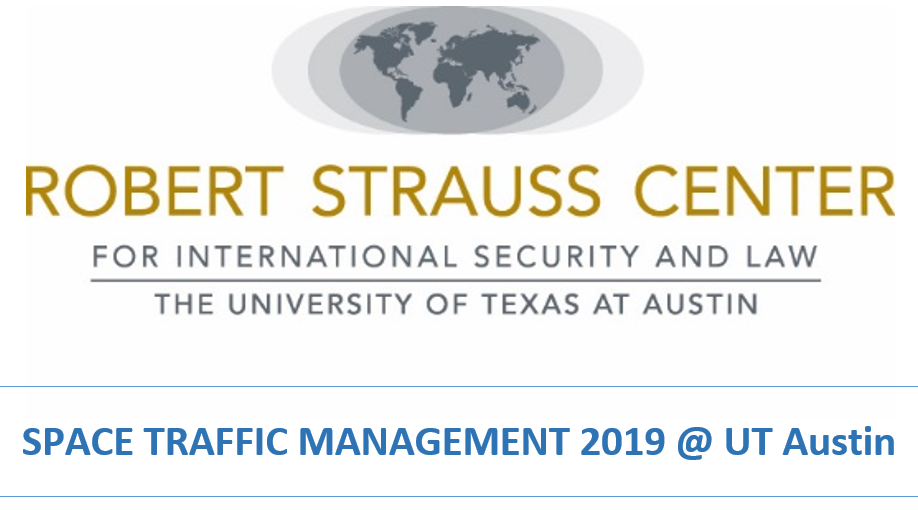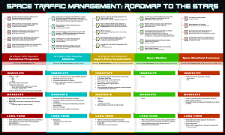Presentation Type
PowerPoint only (no paper)
Location
Bass Auditorium
Start Date
27-2-2019 10:45 AM
Abstract
The intensification of space activities worldwide, together with the emergence of new actors and disruptive concepts (e.g. miniaturized satellites, mega-constellations, in-orbit operations), create new challenges to ensure the safety and security of space systems and operations as well as the long-term sustainability of space activities. Among policy responses to these challenges, the development of a new approach to space traffic management was recently brought to the forefront by the adoption of a policy directive in this domain by the United States.
A comparable STM policy has not yet been developed in Europe even though considerations for the safety, security and sustainability of European space activities are getting traction at political and programmatic levels. The implications of an increasing space activity in the area of space traffic management have recently been acknowledged by the European Commission, which intends to monitor international initiatives and developments in this field. From a more general perspective, space traffic management is now recognized by a high number of public and private stakeholders in Europe as a key area of interest for the sector.
In this context, there is a pressing need to examine the stakes for Europe in the domain of space traffic management.
For this reason, the European Space Policy Institute (ESPI), has initiated an independent study to investigate this matter and support potential future policy developments in this domain in Europe. The presentation will provide a European perspective on space traffic management including status of reflexions and possible options for the future.
Area of Interest
Current Initiatives
Biographies
View bio for Thomas Hrozensky
Included in
Aerospace Engineering Commons, Public Affairs, Public Policy and Public Administration Commons
Emerging Need for a European Approach to Space Traffic Management
Bass Auditorium
The intensification of space activities worldwide, together with the emergence of new actors and disruptive concepts (e.g. miniaturized satellites, mega-constellations, in-orbit operations), create new challenges to ensure the safety and security of space systems and operations as well as the long-term sustainability of space activities. Among policy responses to these challenges, the development of a new approach to space traffic management was recently brought to the forefront by the adoption of a policy directive in this domain by the United States.
A comparable STM policy has not yet been developed in Europe even though considerations for the safety, security and sustainability of European space activities are getting traction at political and programmatic levels. The implications of an increasing space activity in the area of space traffic management have recently been acknowledged by the European Commission, which intends to monitor international initiatives and developments in this field. From a more general perspective, space traffic management is now recognized by a high number of public and private stakeholders in Europe as a key area of interest for the sector.
In this context, there is a pressing need to examine the stakes for Europe in the domain of space traffic management.
For this reason, the European Space Policy Institute (ESPI), has initiated an independent study to investigate this matter and support potential future policy developments in this domain in Europe. The presentation will provide a European perspective on space traffic management including status of reflexions and possible options for the future.



Comments
More information on current ESPI research and recently published ESPI reports, books and briefs is available at https://espi.or.at/.
Visit the panel session Governance Panel